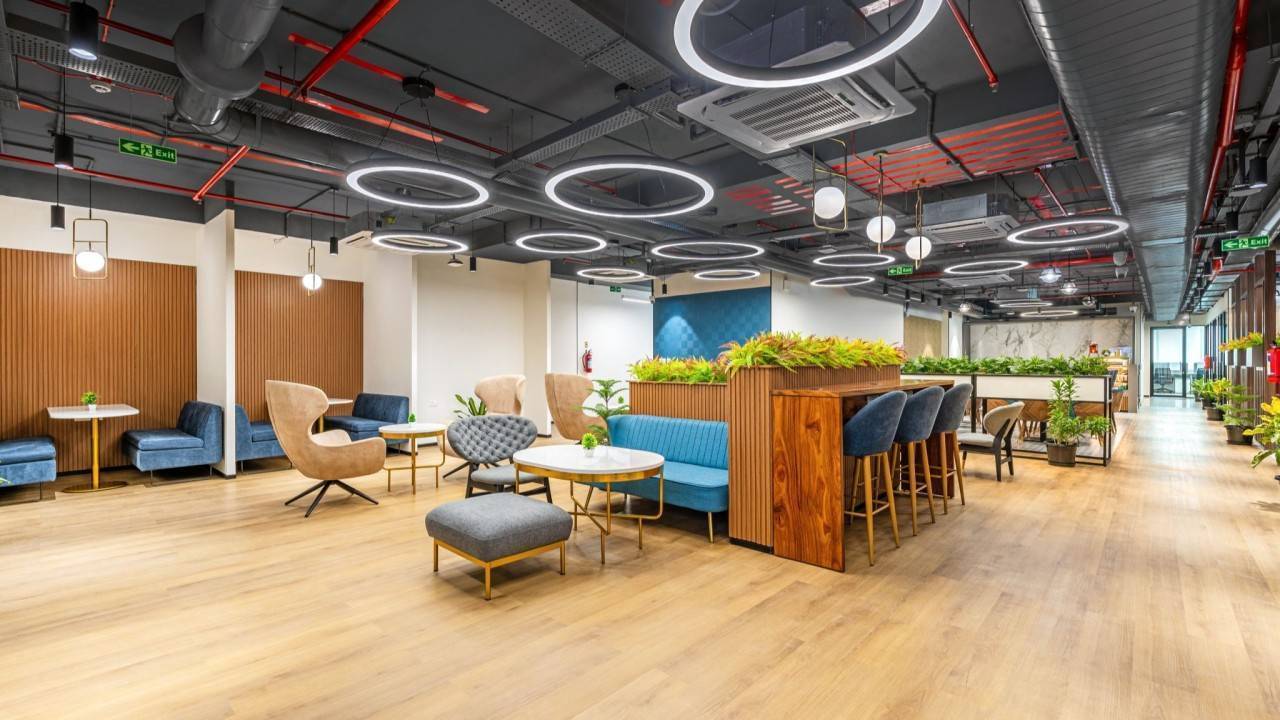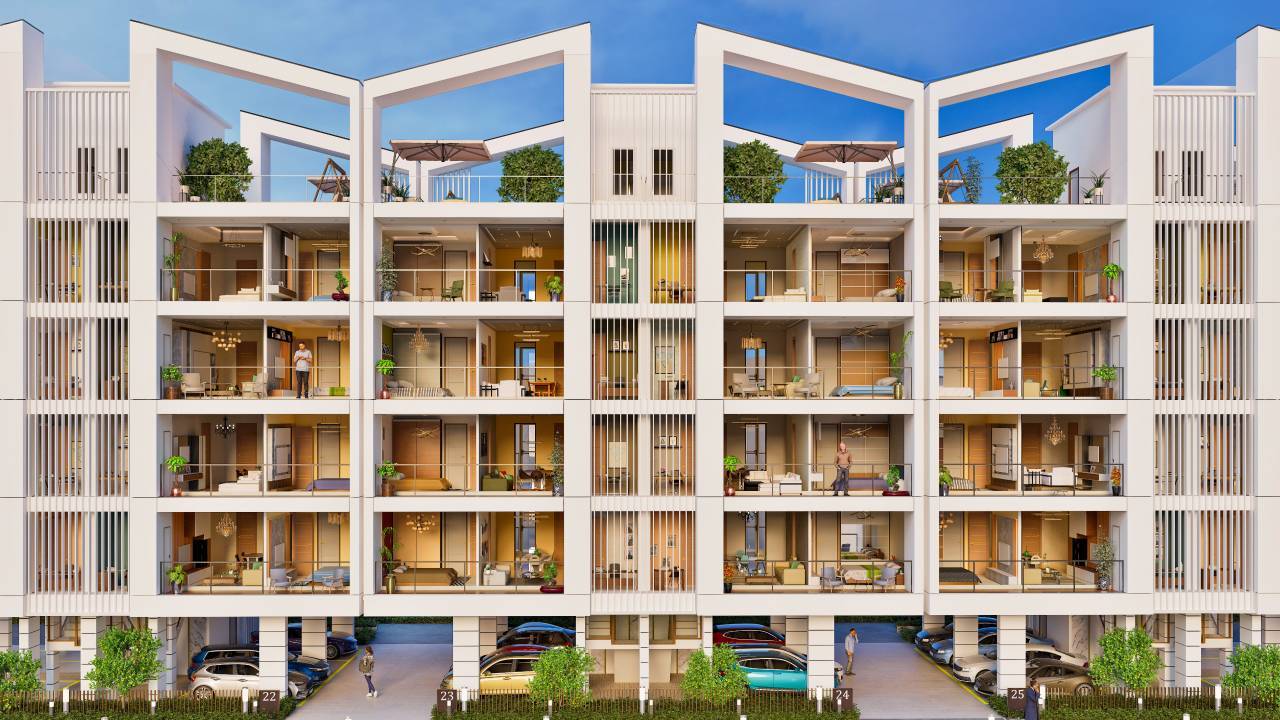India’s flexible workspace sector has achieved a record-breaking milestone in 2024, with a total leasing volume of 12.4 million square feet (msf). This marks a 57.7% increase compared to the previous year, making flexible workspaces a major part of the country’s office space demand.
Key Highlights:
- Bengaluru Leads the Market: With 3.4 msf of flexible workspace leasing, Bengaluru nearly doubled its previous year’s total.
- Mumbai’s Rapid Growth: The city saw a threefold increase in flexible office leasing, reaching 1.9 msf.
- Other Major Cities: Delhi NCR recorded 2.3 msf, while Hyderabad and Pune each saw 1.6 msf in leasing.
- Total Office Leasing: Flexible workspaces now account for 14% of the country’s total office leasing, which stands at 89 msf.
Surge in Demand for Flex Seats
In 2024, a total of 224,000 flexible workspace seats were leased, reflecting a 44% increase from 2023. Bengaluru led the way, accounting for 29% of the total seats, followed by:
- Pune – 39,000 seats (18%)
- Delhi NCR – 38,000 seats (17%)
- Mumbai – 28,000 seats (12%)
The IT-BPM sector accounted for nearly half (48%) of all flex seat leasing, followed by the engineering and manufacturing sector at 17%. This indicates a growing shift towards managed office solutions that offer flexibility and efficiency.
Why Is This Happening?
Experts say businesses are increasingly choosing flexible workspaces due to shifting priorities, hybrid work models, and the demand for cost-effective, customizable office solutions. Global companies entering India and existing firms prioritizing operational flexibility are further fueling this trend.
Ramita Arora, Managing Director Bengaluru & Head – Flex, India, Cushman & Wakefield, stated: “Flexible workspaces now make up 14% of India’s total office space demand. This proves they are no longer just an alternative but a mainstream real estate solution. The way India works is changing.”
Looking ahead, demand for flexible workspaces is expected to continue its strong growth in 2025 and beyond. This will drive increased occupancy in top-grade office buildings across major cities, as managed space operators expand their presence to meet the growing demand.









.png)